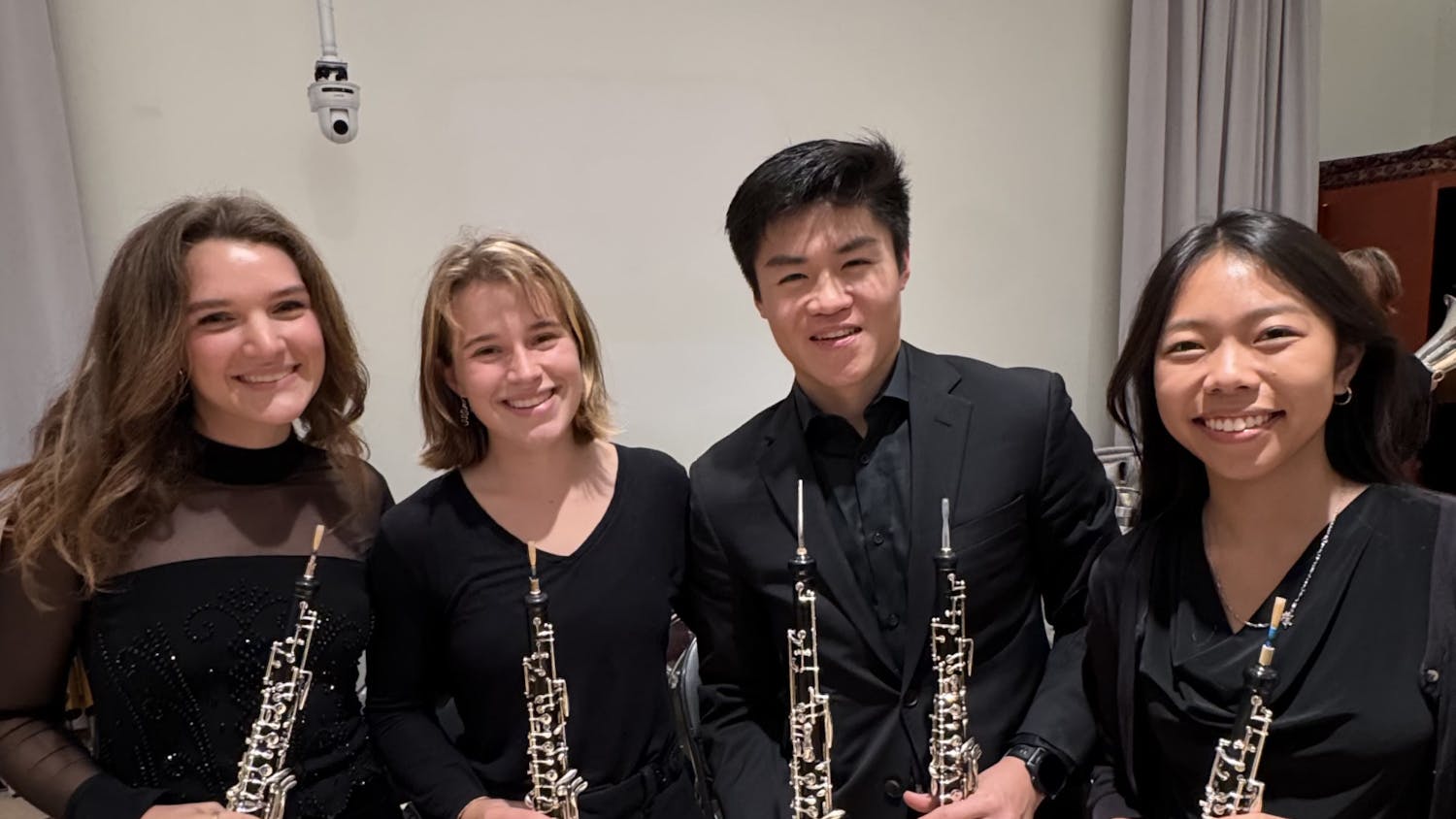It has been estimated that more than half the world's population has seen a James Bond movie. With 18 installments so far, the series is far and away the longest running and most successful movie franchise in history, and an integral element of this success has always been the James Bond music.
Monty Norman's classic James Bond theme is probably the single most recognizable piece of movie music in the world, and a few of the title tracks from the individual movies, like "Goldfinger," are nearly as famous. One reason these title songs are so appealing is that each captures the sound of its era, from the 1970s lounge swank of Shirley Bassey's "Diamonds Are Forever" to the cheesy 1980s British rock of Duran Duran's chart-topping "A View to a Kill."
All in all, a compilation of all 18 Bond theme songs is a pretty good approximation of mainstream popular music trends over the last 30 years.
But film composer David Arnold apparently felt that some of the classic Bond title songs could benefit from an update. Arnold's creation, entitled "Shaken and Stirred: The David Arnold James Bond Project," features covers of these songs by various contemporary artists, ranging from notables like Iggy Pop to virtual unknowns like Natacha Atlas.
The first half of "Shaken and Stirred" is just one disaster after another. The album opens with a gender-bending falsetto performance of "Diamonds Are Forever" by David McAlmont, which slaughters the Shirley Bassey original.
This is followed by another butcher job, this time Aimee Mann croaking her way through "Nobody Does It Better."
Pulp's rasping version of "All Time High" is odious, and "Live and Let Die," by Chrissie Hynde of the Pretenders, isn't much better. And the track by LTJ Bukem is allegedly a version of the James Bond theme; maybe I wasn't listening closely enough, but, apart from the first few seconds of the track, I had trouble hearing any resemblance whatsoever.
In all fairness, there are some decent tracks on "Shaken and Stirred," mainly on the second half. But most of them, like Shara Nelson's "Moonraker" and Martin Fry's "Thunderball," sound so much like the originals that they seem contrary to the spirit of "Shaken and Stirred" as an update album.
The last three tracks, however, differ considerably from their originals yet still manage to work well. The first of these is Natacha Atlas' "From Russia With Love." Atlas, a relatively unknown British singer of Arabic descent, has a beautiful voice, and her unique Middle-Eastern sounding vocals bring a newly haunting quality to the song. She definitely has talent, and hopefully we will hear more from her in the future.
The Propellerheads, who were also featured on the "Tomorrow Never Dies" soundtrack, contribute a version of the main action theme from "On Her Majesty's Secret Service." Their techno update is definitely an interesting listen, although one gets the feeling that it could have built up to much more over its ten-minute running time than it actually does.
I was worried that Iggy Pop would ruin "We Have All the Time in the World." Louis Armstrong's original, which was his last recording before his death, is one of the most beautiful love ballads to come out of the 1960s. Surprisingly, however, Iggy Pop's distinctive voice strangely suits the song, works well with Arnold's new orchestrations and ends the album on a bright note.
Overall, however, "Shaken and Stirred" is mediocre at best, so if you're looking for a good update of the Bond formula to the 1990s, just buy the "Tomorrow Never Dies" soundtrack. Despite Sheryl Crow's dreadfully sung title track, the album is one of the better Bond scores of recent years and will hopefully be the first of many by David Arnold.
The main problem with "Shaken and Stirred" is its inconsistency. Some tracks sound too much like the originals to really be considered anything new, some distort the originals beyond all recognition, while only a couple find the middle ground most listeners are looking for.



